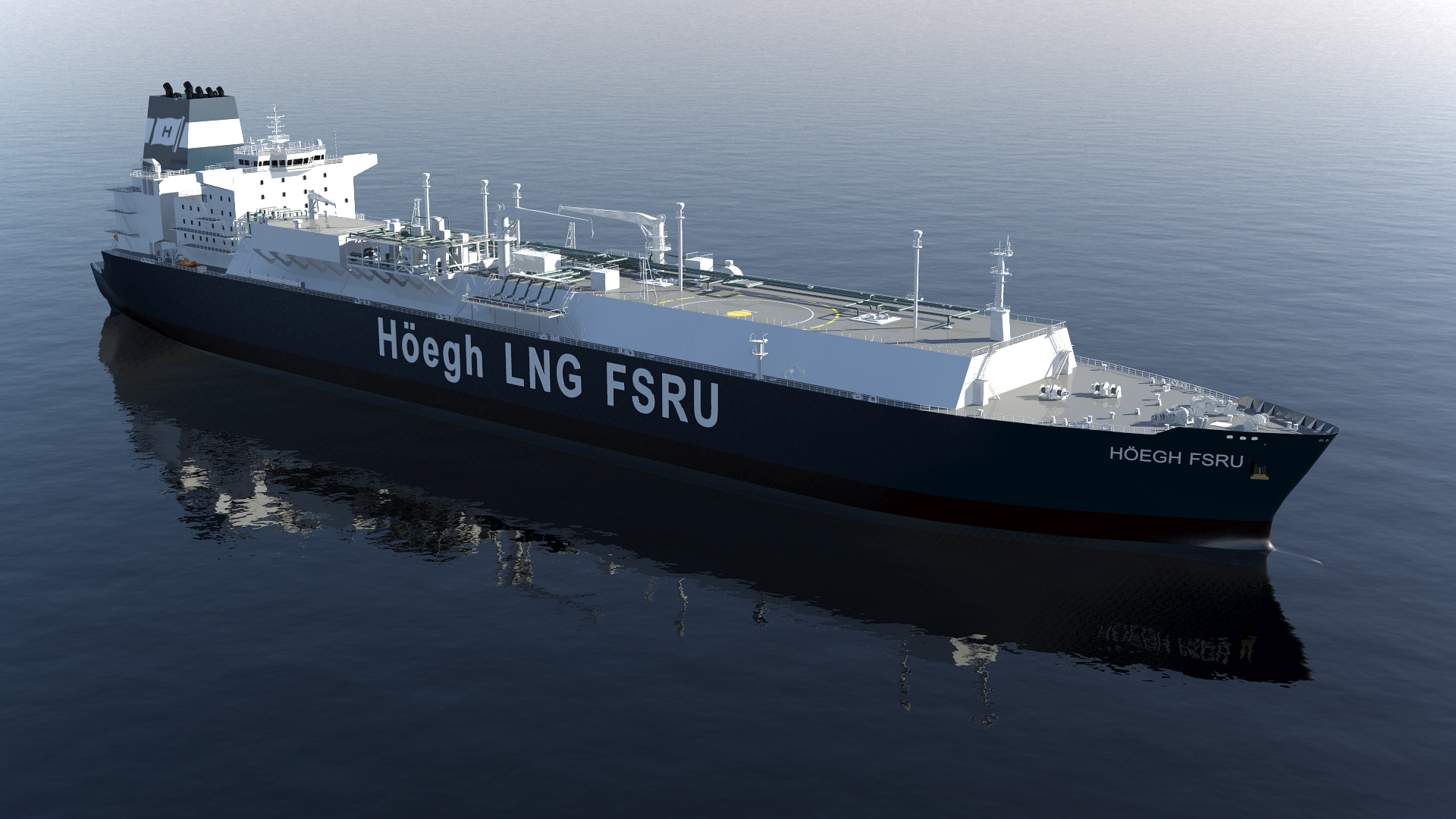Greenpeace is calling for writing protest letters against Poland getting a floating storage and regasification unit that is to supply non-Russian gas to its neighbors including Czechia and Hungary.
„Gaz System plans to build a terminal in the Gdańsk Bay to import liquefied natural gas. Its main recipient will be Orlen, which, through the expansion of gas infrastructure, wants to lead to a permanent dependence of Poland on another fossil fuel. A natural gas-based energy transition is a costly trap that undermines Poland’s energy security and the economic interest of Polish society,” Greenpeace warns.
„The construction of new gas infrastructure for gas imports will not contribute to increasing Poland’s security. The implementation of this plan means that Poland will remain dependent on external supplies of this fuel. The planned construction of the terminal is also a waste of billions of zlotys in the name of profits for fuel companies. We already have the infrastructure to import gas to Poland, whose gas collection and transmission capabilities exceed the projected gas demand in 2030. New investments are simply no longer needed,” the organization claims.
„The construction and operation of the LNG terminal is located in a Natura 2000 area, which is home to many species of birds, marine mammals and fish that are under strict protection. Construction and associated noise emissions, as well as additional onerous ship traffic, will put at risk: 1) gray seals in the Mewia Łacha reserve, where the only colony of these mammals in Poland is maintained; 2) porpoises – extremely endangered mammals, with an estimated maximum number of only about 500 individuals in the entire Baltic Sea; 3) many protected fish species, including the Baltic sturgeon – which was spotted in the vicinity of the planned project; 4) nesting and migratory birds: collared sedges, river breams, white – fronted breams, crested breams, silver seagulls and divers,” lists Greenpeace.
Greenpeace also criticizes the use of gas in the economy as it generates greenhouse gas emissions. The organization calls for sending letters to the Regional Directorate of Environmental Protection to protest against the FSRU in the Gdańsk Bay. This year, Poland is to choose a supplier of ships needed for storage and regasification. There is interest in a capacity of 6.1 billion cubic meters annually from Orlen and market research continues on up to 4.5 billion cubic meters for the needs of Poland’s neighbors like the Czech Republic or Hungary. Thanks to the FSRU, they will be able to abandon gas from Russia in accordance with the EU’s REPowerEU plan, which assumes parting with the Russians by 2027.
Greenpeace / Wojciech Jakóbik









